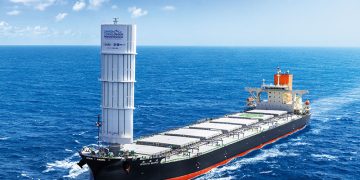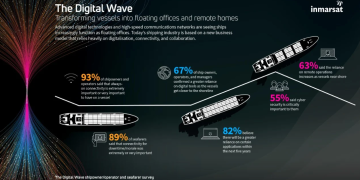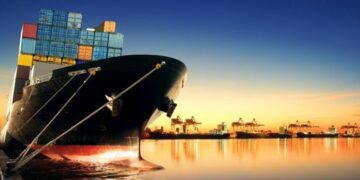Wave Energy Device Deployed in Hawaii
Northwest Energy Innovations (NWEI) has successfully deployed its Azura wave energy device at the United States Navy’s Wave Energy Test Site (WETS) near Kaneohe Bay, Oahu, Hawaii. The device will be deployed for 12 months of grid-connected testing as part of a rigorous program to commercialize the Azura technology. “As the first grid connected wave energy device in the U.S. that will be tested and validated by an independent party, this deployment marks a major milestone for our team and the marine renewable energy industry,” said NWEI Founder and CEO Steve Kopf. “A special thanks to Sea Engineering, our deployment contractor, for their tireless efforts in completing the assembly, launch and installation of the Azura at WETS,” Kopf added. Deployment and testing of the Azura at WETS is supported by the U.S. Department of Energy, the U.S. Navy, and the University of Hawaii. The University of Hawaii is responsible for data collection, analysis and reporting as a means of independently validating the technology performance. The data will also be delivered to the U.S. Department of Energy and the U.S. Navy for their use in ongoing efforts to validate wave energy technology and advance the marine renewable energy industry. In ...
Read more


























































